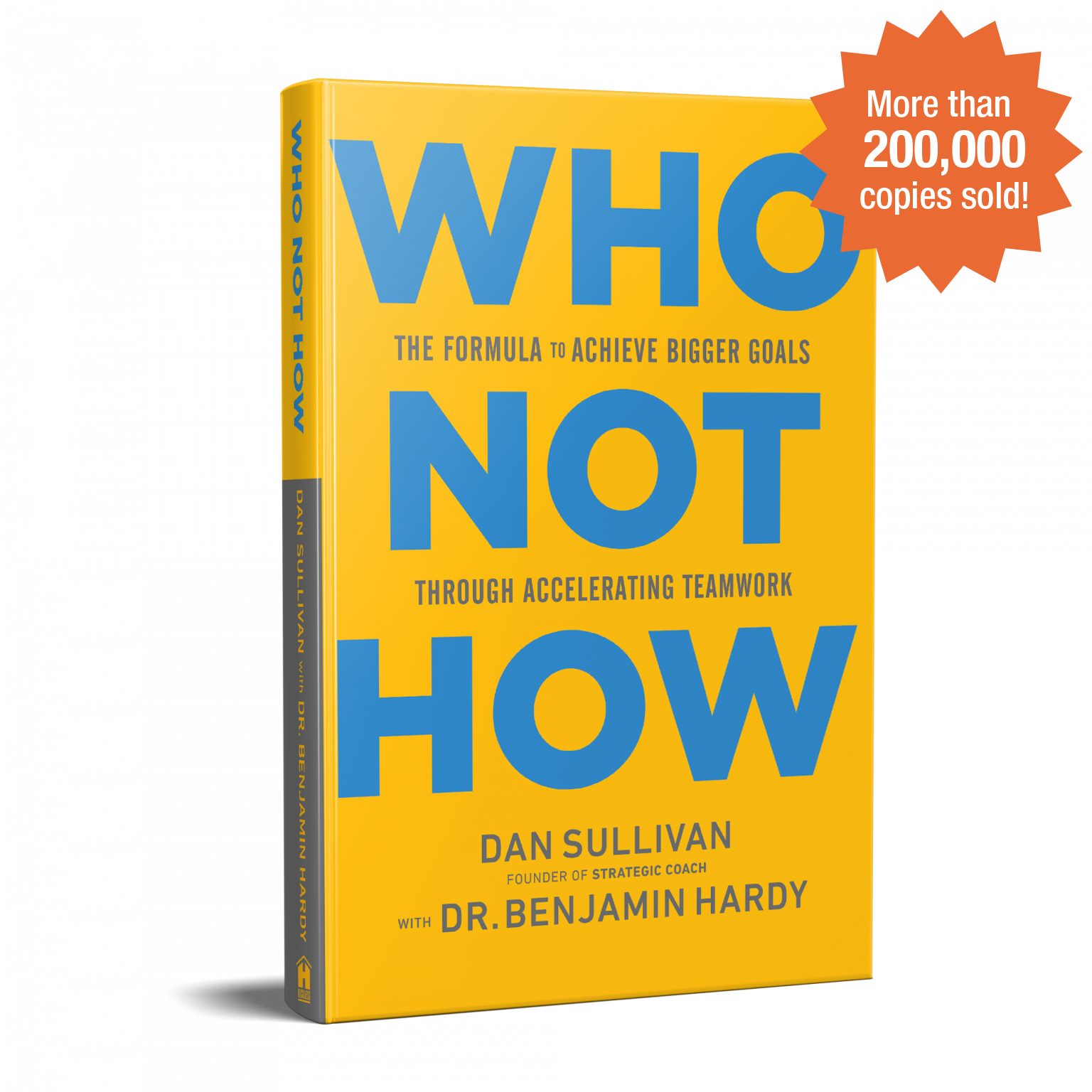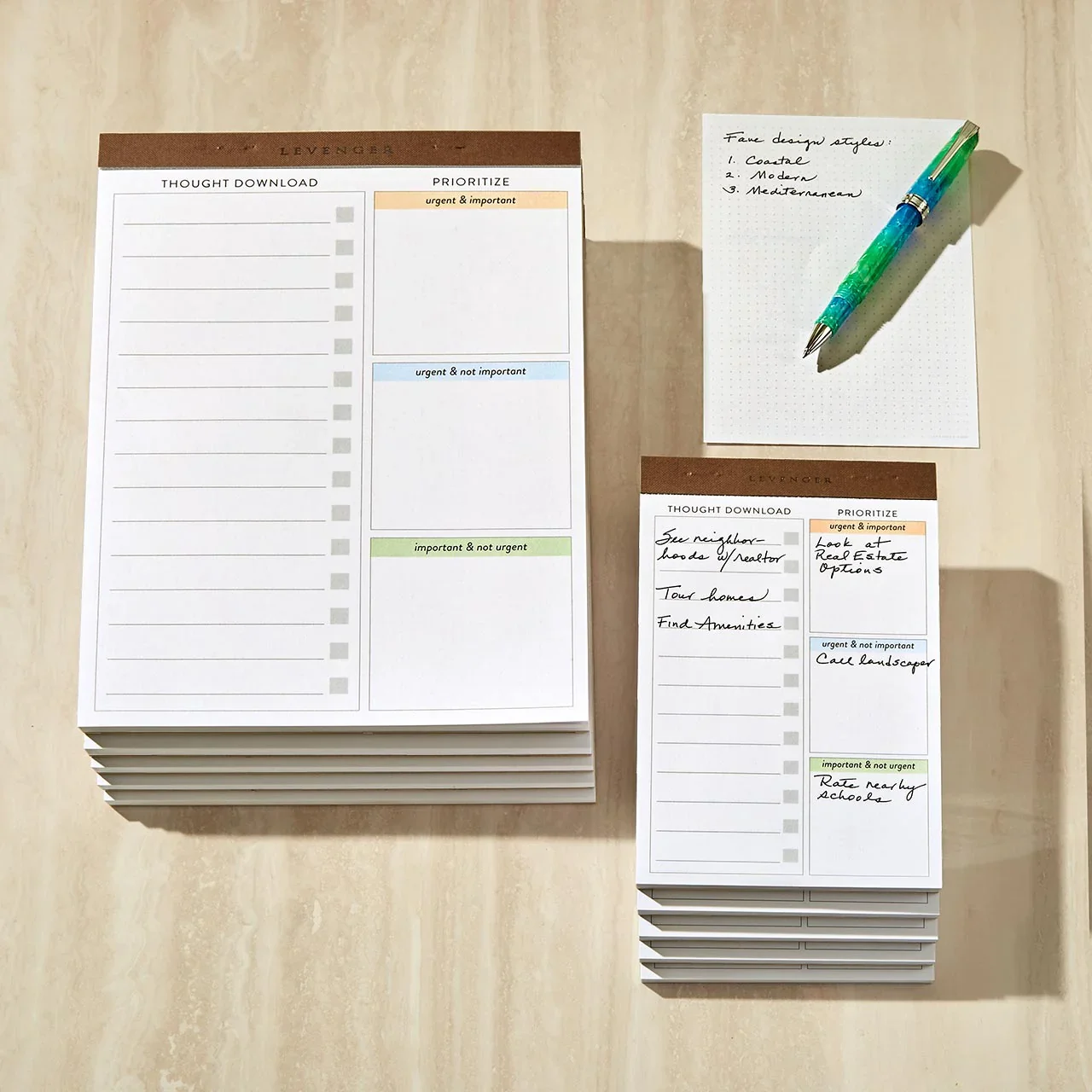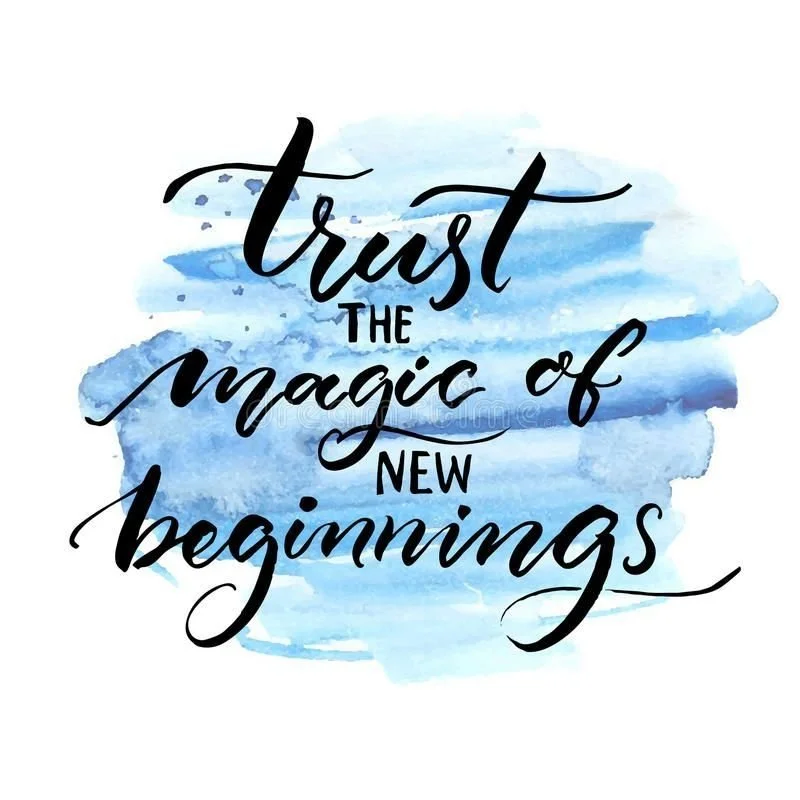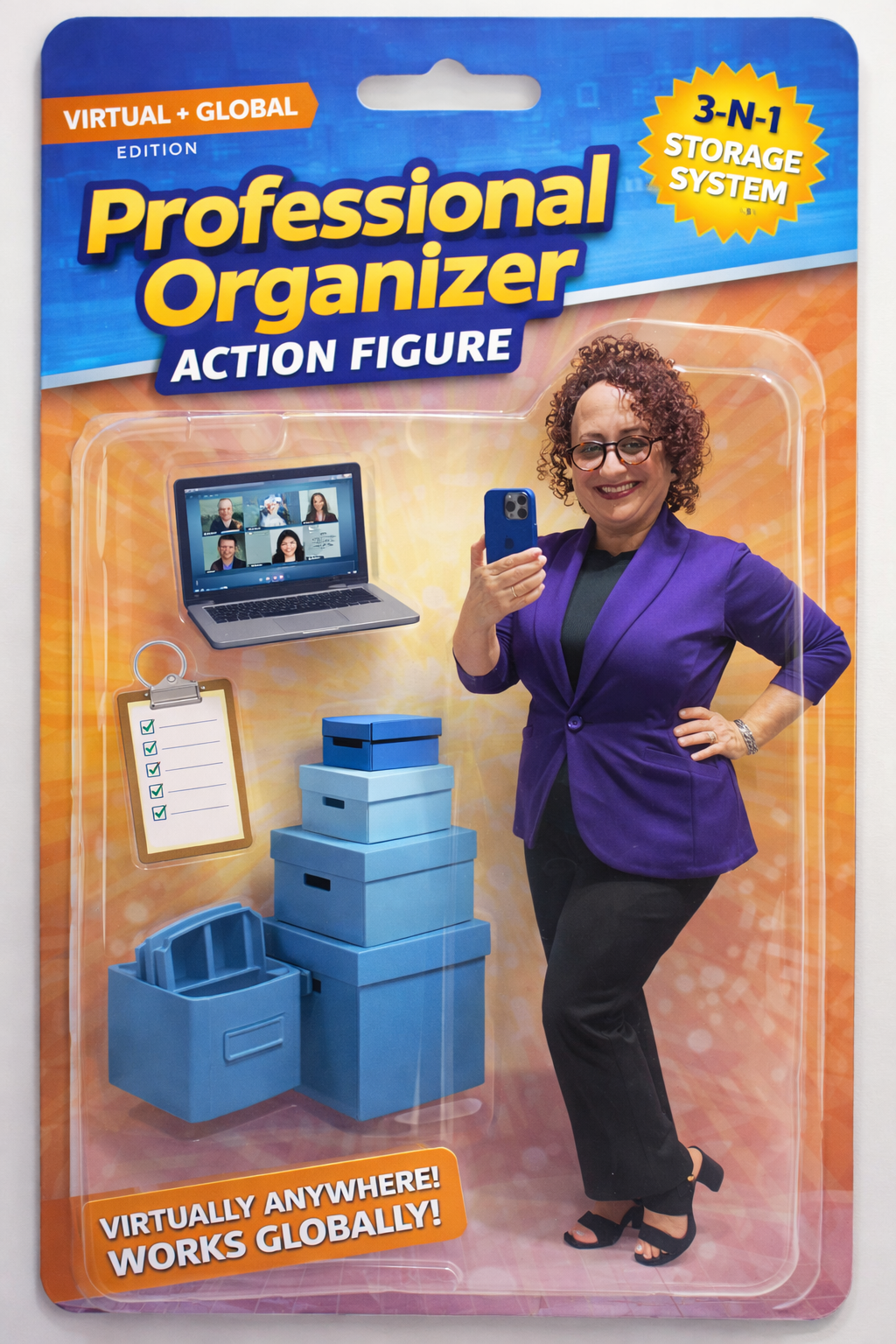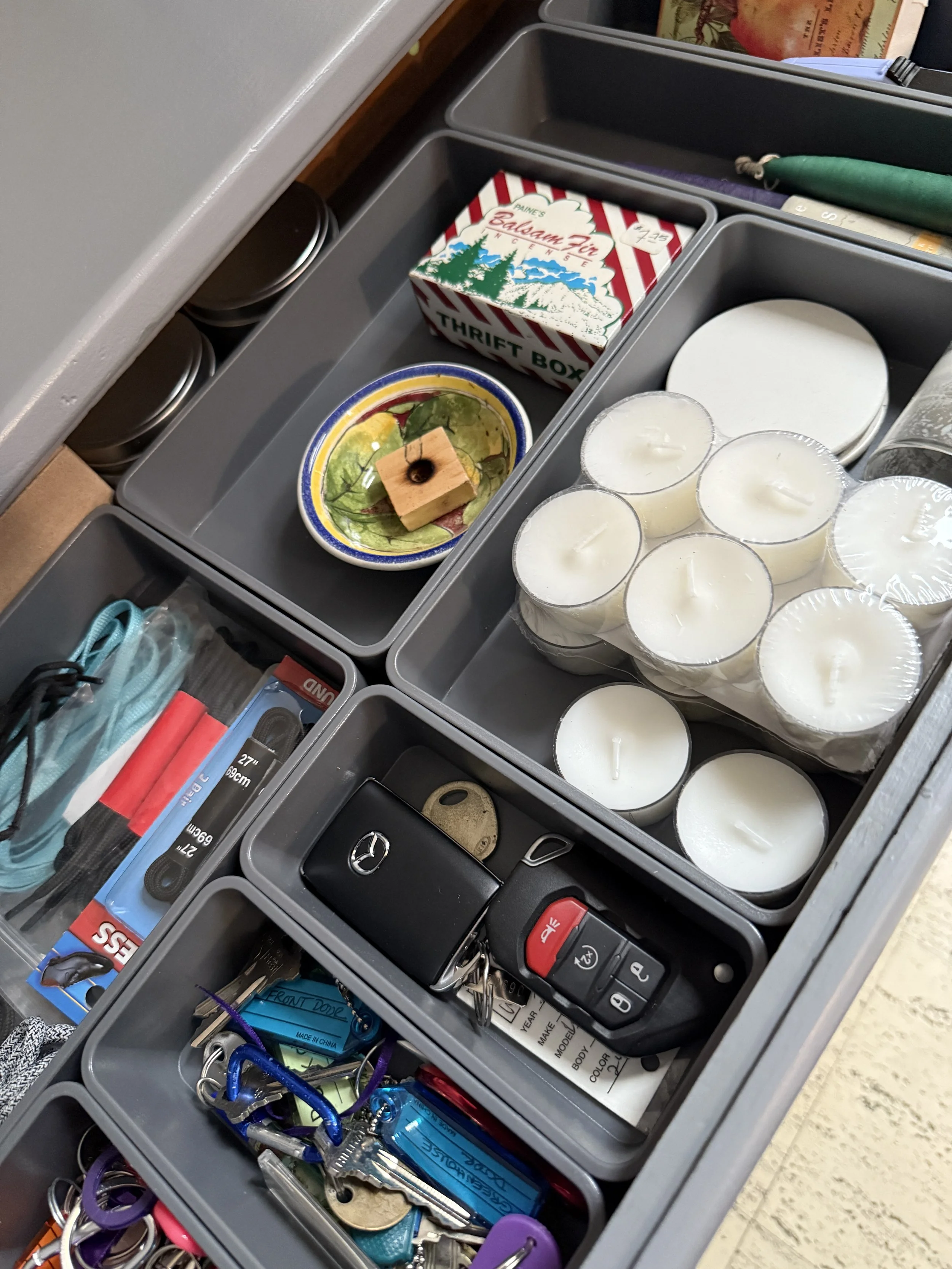Enjoy the latest release (v53) of the “What’s Interesting?” series, which features my most recent finds that inspire, spark curiosity, and connect to organizing and life balance. These unique, fresh start discoveries reflect this month’s blog theme.
You are an engaged, vibrant, and generous group. I am deeply grateful for your ongoing presence, positive energy, and contributions to this community.
I look forward to your participation and further contributions to the collection I curated.
What do you find interesting?
What’s Interesting? – 5 Best Fresh Start Discoveries
1. Interesting Read – Fresh Start Goals
Bigger isn’t always better. Yet if you want to strive for an audacious goal this year, Dan Sullivan, coach and author of Who Not How – The Formula to Achieve Bigger Goals Through Accelerating Teamwork, has a way to get there.
This philosophy hinges on changing the questions you ask. Stop asking, “How can I do this?” Forget working in isolation and doing everything yourself. Instead, Sullivan teaches you to ask, “Who can do this for me?”
He advocates focusing on the “whos in your life that give you the perspectives, resources, and ability to go beyond what you could do alone.” Replace “How can I accomplish this?” with “Who can help me achieve this?”
If you’re feeling frustrated and stuck, it could be the ideal time to build your ‘who’ team.
2. Interesting Experience – Fresh Start ‘Party’
Do you have any “boring tasks” you’re procrastinating on? If so, you are not alone. Thanks to one of my clients, I learned about a Business Insider article that describes a new trend offering a fun solution to this challenge.
Instead of staying stuck and alone while trying to get things done, consider hosting an “admin night” party, as Business Insider editor Tess Martinelli did. She invited her friends over to work on their to-do lists or anything that was causing mind clutter, while also having time to socialize.
She kept things casual and as “low effort” as possible. While there were few rules, Marinelli set several parameters to help make the evening flow better, including:
Dress comfortably.
Bring your own snacks.
Provide a beverage (optional).Give some structure, such as working for 30 minutes and socializing or resting for 10 minutes. Repeat that cycle two or three times.
After each “round,” talk about what you accomplished.
3. Interesting Article – Fresh Start Decluttering
One of the top ten New Year’s resolutions is to be more organized. An essential part of getting organized is decluttering. This involves letting go of:
things that have overstayed their welcome
no longer support your current reality, or
don’t want or need.
In The Washington Post article “How to reduce visual clutter for a calmer, more functional home,” the case is made for how taxing visual clutter can be on the brain. My clients often describe their clutter (physical or visual) as paralyzing or overwhelming their thoughts and actions.
Corey Pence from The Container Store defines visual clutter as an “overwhelming or excessive amount of visual elements in a space that make it difficult to focus on important information or executing tasks.” Clutter can also make it hard to feel calm and relaxed. Imagine a bedroom with clothing piled everywhere, or a living room with books, toys, and dishes strewn about.
The article suggests many ways to eliminate visual clutter, such as:
choosing furniture that encloses objects, such as a nightstand with a drawer instead of an open shelf
editing routinely
designating a home for objects
using coordinated bins on open shelves
carefully curating decorative objects, with an emphasis on having fewer
For a great fresh start, declutter until you find that sweet spot for the level of visual clutter your brain can handle.
4. Interesting Product – Fresh Start Planning
My go-to source for paper pads is Levenger. Their designs are streamlined, and the paper is smooth and easy to write on. If you’re looking for a new way to capture and prioritize your thoughts, check out Levenger’s Think and Plan Priority Manager Pad.
The pad comes in two sizes with two columns and four sections. The left column is great for brainstorming and list-making. It includes:
A ruled checklist
The right column is for prioritizing tasks using the Eisenhower method. It has three boxed sections for tasks:
Urgent and important
Urgent and not important
Important and not urgent
Download your brain, sort your to-dos, and give yourself an organized way to focus on your new beginning.
“For a great fresh start, declutter until you find that sweet spot for the level of visual clutter your brain can handle.”
5. Interesting Thought – Fresh Start Magic
There’s something magical about fresh starts and new beginnings. You might feel hopeful, curious, excited, eager, joyful, empowered, or inspired. However, I’ve heard from many people recently that they’re having a very different experience. With the fresh start of the new year, they’re feeling anxious, apprehensive, pressured, disoriented, overwhelmed, or stuck.
Believe me, I get it. I’ve felt all of these ways at different points. On the one hand, I embrace and love a clean slate. It’s an opportunity for a reset and reimagining. Some years, like this past year, I just wasn’t ready to do ‘new.’ Instead, I was in the thick of finishing projects from the year, which overlapped with the time I typically review and plan.
Wherever you are right now, consider these possibilities:
If you’re ready, let the wonder of a new year help you move forward.
If you’re not ready, be gentle with yourself and ease the pressure to make big new plans for now.
Stay open to activating a fresh start (and its magical powers) at any time: a new day, month, or season.
The Fresh Start Advantage
There’s still time to make this first month of the new year work for you. Lean into the energy and newness of this season. Use the clean slate to your advantage.
Which of these discoveries resonates most with you? Which would you like to add? I’d love to hear your thoughts and invite you to join the conversation.
How Can I Help?
Do you feel overwhelmed, stuck, or disorganized? I’m here to help. Virtual organizing is an extraordinary path forward – Local feel with a global reach.
Let’s talk. I’m easy to reach.
Schedule a Discovery Call
Fill out the Contact form
Email me at linda@ohsorganized.com or
Call 914-271-5673
Getting organized is possible, especially with a fresh start and compassionate support.




